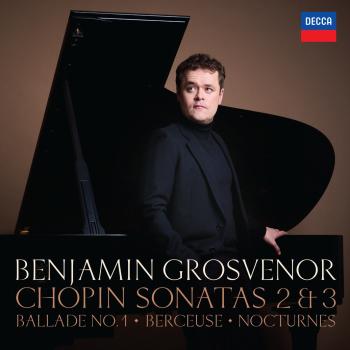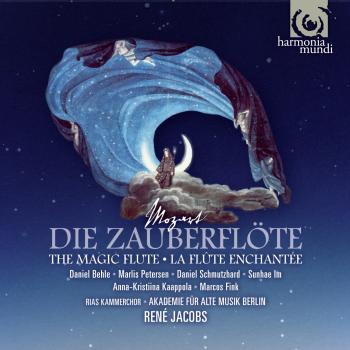Gasteig Orchestra of Munich & Christoph Lickleder
Biographie Gasteig Orchestra of Munich & Christoph Lickleder
Christoph Lickleder
Since 1981, Christoph Lickleder has worked with the Gasteig Orchestra of Munich (members of the A-orchestras in Munich). Their first important appearance was at the 800th anniversary celebrations for the city of Kelheim.
From that time on, the orchestra became a very busy ensemble, with concerts of orchestral music, masses and oratorios, the latter partnered by the Choir of the Kelheim Musikvereinigung. This recording of Bruckner’s Romantic comes from Lickleder’s farewell concert as their music director. Christoph Lickleder obtained his musical education at the Staatliche Hochschule für Musik in Munich and at the Universities of Munich and Regensburg.
Gasteig Orchestra of Munich
The Munich Philharmonic orchestra was founded by Franz Kaim, the son of a piano maker, as a private initiative in 1893. They have been shaping the musical life of Munich ever since. Right from the early years of the orchestra, still known as the »Kaim-Orchester« then, a top performance level was guaranteed by conductors such as Hans Winderstein, Hermann Zumpe and the Bruckner scholar Ferdinand Löwe. They also worked hard to promote contemporary works. Between 1898 and 1905 the manager at that time, Felix Weingartner, organised a number of international tours which increased the international reputation of the orchestra.
Gustav Mahler conducted the orchestra in 1901 and 1910 on the occasions of the premieres of his Fourth and Eighth Symphony. In November 1911, the ensemble, by then renamed »Konzertvereinsorchester«, the concert association orchestra, premiered Gustav Mahler’s »Das Lied von der Erde« (The Song of the Earth) conducted by Bruno Walter.
Between 1908 and 1914, Ferdinand Löwe took over the management of the orchestra again. Following up on the highly successful guest performance of Anton Bruckner’s Fifth Symphony in Vienna on March 1, 1898, he conducted the first major Bruckner concerts, thus starting the Bruckner tradition of the orchestra which continues until today. It was under the tenure of Siegmund von Hausegger, Music Director from 1920 to 1938, that two symphonies of Bruckner were premiered in their original versions, and the name of the orchestra was changed to »Münchner Philharmoniker« (Munich Philharmonic).
Between 1938 and 1944, the orchestra was directed by the Austrian composer Oswald Kabasta.He continued the Bruckner tradition of the Munich Philharmonic as was also evident during numerous national and international tours.
The first concert after the Second World War was opened with Eugen Jochum conducting the overture to Shakespeare’s »A Midsummer Night’s Dream« by Felix Mendelssohn Bartholdy. In the autumn of 1945, the outstanding conductor Hans Rosbaud took over the Munich Philharmonic. Among other things, he was passionately committed to furthering modern music. Rosbaud was succeeded from 1949 to 1966 by Fritz Rieger. In the era of Rudolf Kempes, director of the orchestra from 1967 to 1976, the Philharmonic first travelled to Japan and the former USSR.
Sergiu Celibidache conducted his first concert series for the Munich Philharmonic in February 1979. He was appointed as Music Director in June of the same year. Concert tours lead him and the orchestra through many European countries as well as to South America and Asia. The legendary Bruckner concerts he conducted with the orchestra during this time played a major role in furthering the international reputation of the orchestra. During the era of Celibidache, the orchestra was repeatedly asked to accompany the Federal Government or the Federal President as musical ambassador.










